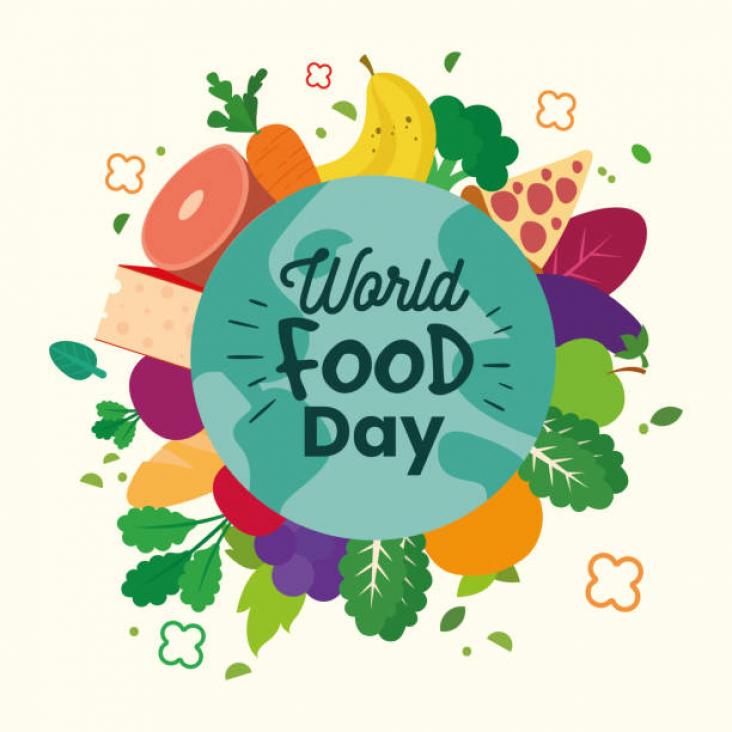This chapter advances the UN SDG goals 11, 12, and 13 by offering two alternate approaches to Western planning—city making informed by biophilic systems and First Nations values—through Australian case studies that have similar systems of thought, aspirations, and values. The challenge is for use to adapt (or retrofit) our cities to redress climate change and our consumption values toward crafting robust, resilient, respectful and sustainable places.
The paper discusses the complexity of the interactions and effects of climate change on food security.
Elsevier,
Emma Suali, Latifah Suali, Chapter 8 - Impact assessment of global biofuel regulations and policies on biodiversity, Editor(s): Khalid Rehman Hakeem, Suhaib A. Bandh, Fayaz A. Malla, Mohammad Aneesul Mehmood, Environmental Sustainability of Biofuels, Elsevier, 2023, Pages 137-161, ISBN 9780323911597
This content aligns with Goal 7, Clean and Affordable Energy, and Goal 15, Life on Land, by assessing the impact of biofuel feedstocks on the environment, ecosystem, and biodiversity of the regions where energy crops will be grown and harvested.
Biofilms are a major challenge for the food industry, due to their ability to contaminate surfaces. Foam flow cleaning successfully removed a significant part of one-day biofilms grown on stainless steel surfaces. Life cycle analyses showed that the foam flow process reduces all environmental impacts, mainly due to the reduction in water and energy consumption, which is a crucial contemporary issue.
This chapter aligns with Goal 3: Good health and well-being and Goal 12: Responsible consumption by providing an overview of types of commodity plastics, plastics and microplastics pollution, and availability of recycling methods.

For World Food Day 2022, RELX's Global Head of Corporate Responsibility, Dr. Márcia Balisciano, speaks to Dr. Rickey Yada.
This article aligns with the SDG goal 3 of Good health and wellbeing, SDG 10 Reduced inequalities, and SDG 12 Responsible consumption and production by proposing Choosing wisely recommendations to help general practitioners adopt a more rational and cost-effective approach to treating patients with viral hepatitis in Brazil and Latin America.
This chapter advances the UN SDG goals 12 and 11 by focusing mainly on the IPLC perspective in seabird conservation. By understanding this worldview and the associated approaches, we can set the stage to build a bridge between both groups in an effort to achieve more effective approaches to seabird conservation.
Research indicates that tourists continue to have difficulty assessing animals' welfare at wildlife tourism attractions, and so there is an immediate need for more education on such impacts. The purpose of this paper is to fill this education knowledge gap by introducing an environmental literacy framework, i.e., “what an environmentally literate person should know and be able to do,” in progressing from animal welfare illiteracy in tourism to literacy.
Ultrafiltration with ceramic membranes of olive oil washing wastewater has been demonstrated to be an interesting alternative as a previous step for the recovery of phenolic compounds, which have outstanding antioxidant characteristics. In this way, the treatment of these wastewaters should be based on reusing water and, at the same time, on recovering valuable compounds.
